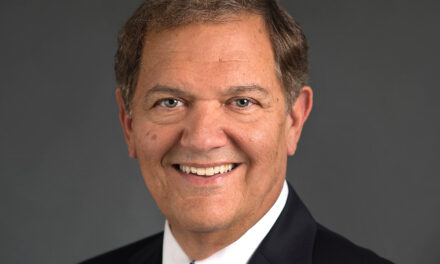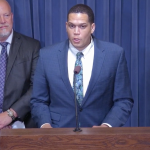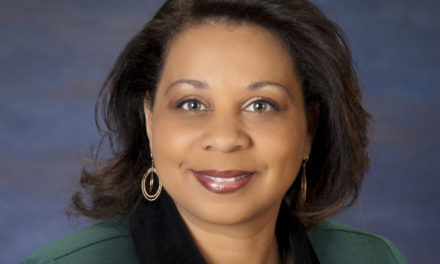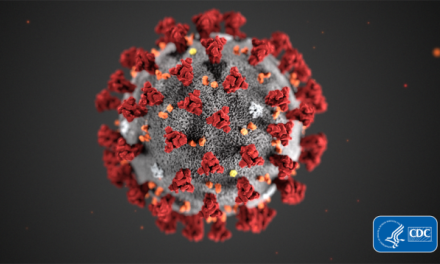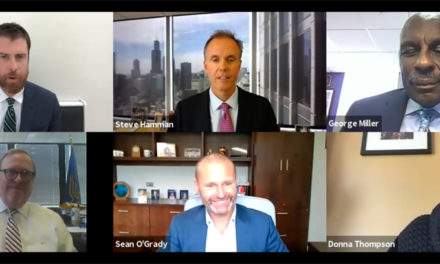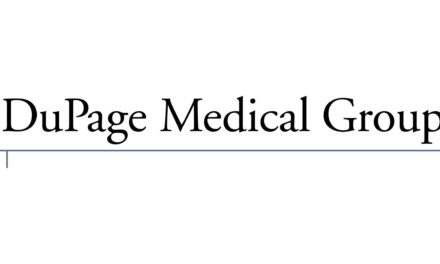
Experts weigh in on expanding access to abortion services post-Roe
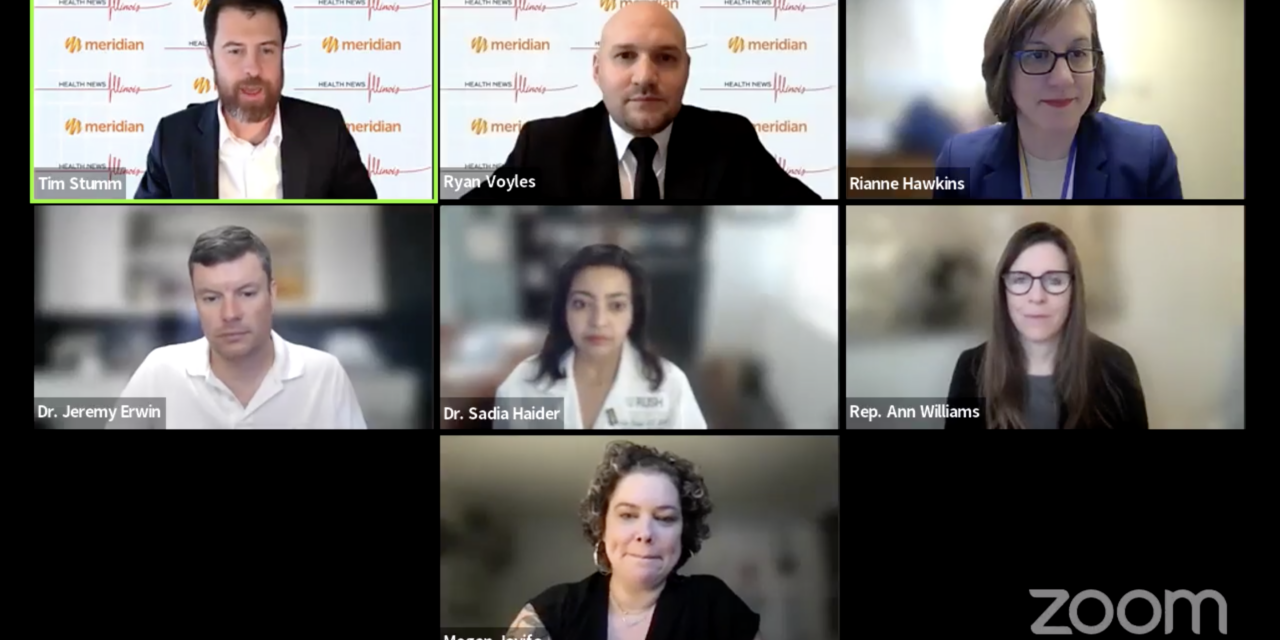
Illinois abortion providers were prepared for the influx of out-of-state patients that came to the state after the Supreme Court overturned Roe v. Wade, but there is still more to be done to expand reproductive health services, panelists said at a virtual Health News Illinois event Wednesday.
Rianne Hawkins, director of advocacy and campaigns for Planned Parenthood Illinois Action, said they were preparing their 17 Illinois health clinics for years ahead of the decision. Part of that involved building and advancing clinics along the Illinois border to help patients traveling from throughout the Midwest.
Hawkins said their clinics have assisted patients from 31 states since the decision was announced in June.
“Patients are not being affected,” Hawkins said. “We have not seen a significant increase in wait times for people to seek care in the state of Illinois and we are able to manage the surge pretty well.”
Rep. Ann Williams, D-Chicago, said the General Assembly also prepared for the decision, passing legislation such as a 2017 bill that repealed Illinois’ trigger ban on abortion and allowed abortions to be funded under Medicaid.
“We are in a good place as a state: We are 100 percent pro-choice,” Williams said. “So we really are a bubble in the Midwest, but that doesn’t mean we don’t have serious work to do moving forward.”
Williams is a part of the House’s working group work looking at abortion-related legislation. She said they are working to expand and strengthen access to all reproductive health.
This could include budgetary measures, educational initiatives and potential restrictions on data tracking to protect women seeking abortions from other states. She said the group is also looking for ways to improve maternal health.
Dr. Sadia Haider, director of the Division of Family Planning at Rush University Medical Center, said states with abortion restrictions have been found to have worse maternal healthcare.
“We are in a state of maternal health crisis, and it’s a maternal health equity issue,” she said. “The lack of abortion access will continually worsen that, and I’m actually scared to see what’s going to happen in these coming months.”
Megan Jeyifo, executive director at the Chicago Abortion Fund, said helping patients and providers from other states navigate legal issues has become an important task for the fund. Jeyifo said there is a lot of confusion about what the legal barriers are and when someone can and cannot be prosecuted.
“This is a legal gray area that really ends up hurting patients more than anything because if a doctor is uncertain how to proceed with care, having multiple pressures being put on them, it ultimately affects the patient and their ability to seek the care that the doctor and the patient agree needs to have happen,” Jeyifo said.
This article first appeared in the Health News Illinois daily email newsletter. Sign up for your free trial here.

